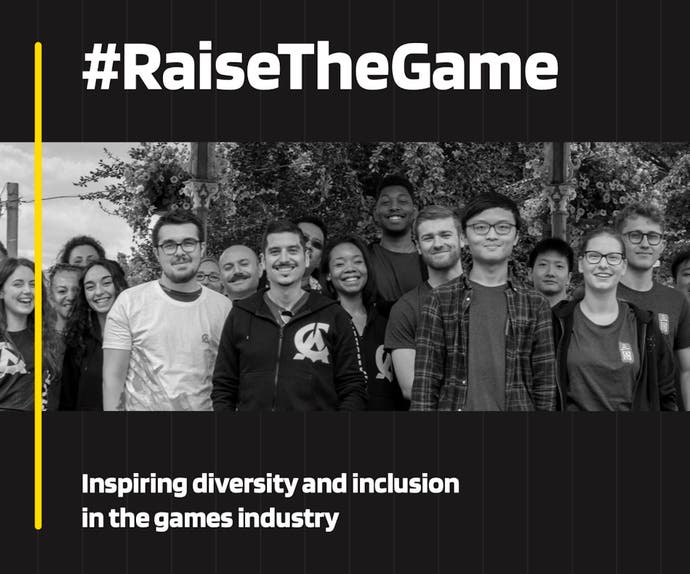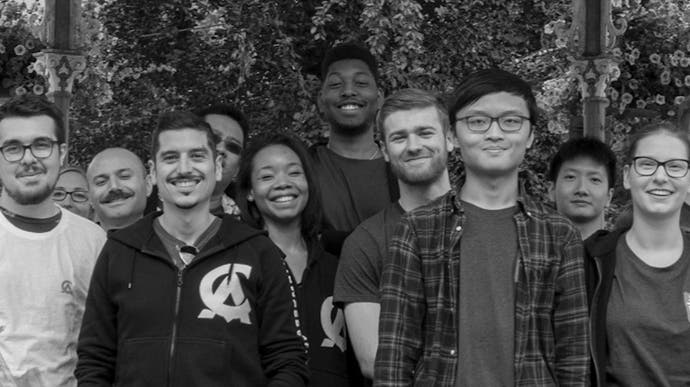Report details how male-dominated the UK games industry still is
"Diversity isn't a nicety - it's a necessity."
70 per cent of people who work in the UK games industry are men.
That's according to a new report conducted by the University of Sheffield and backed by industry body UKIE, which polled a representative sample of the industry between September and October 2019. 3200 people took part - 20 per cent of the UK games industry as a whole.
The percentage of women in the industry is "significantly under the national average of those in work", UKIE acknowledged, even when compared to the creative sector as a whole. 28 per cent of survey respondents were women, while two per cent identified as non-binary.
10 per cent of respondents were Black, Asian or minority ethnic (BAME) - a slightly higher percentage than in both the creative sector as a whole and the national working population. But this percentage is still below the average in working-age population, and was "noticeably less represented in senior positions".
21 per cent of respondents were LGBTQ+, a "significantly high proportion", UKIE noted. 79 per cent responded as heterosexual, compared to the 93-97 per cent heterosexual figure attributed to the UK overall.

In the context of Brexit, it's particularly interesting to see 19 per cent of UK games industry workers are from the EU/EEA, with another nine per cent from elsewhere in the world.
A third of "core games production" is undertaken by international workers, UKIE noted, and migration is a "key factor" in diversity. The percentage of non-UK nationality workers who are women or BAME (35 and 40 per cent, respectively) is far higher than for people from the UK.
Finally, on the subject of working hours, three quarters of respondents said they worked a standard 33-40 hour week. 3.5 per cent said they worked 51 hours or more.
In response to the results, UKIE boss Jo Twist told BBC News that it was trying to increase diversity at "every level" within the industry.
UKIE today launched #RaiseTheGame, a new initiative to encourage companies to recruit as "fairly and widely as possible" and to educate employees in order to create more inclusive and welcoming places to work. Today, Xbox announced it was joining the project, alongside EA, Facebook, Jagex and King.

